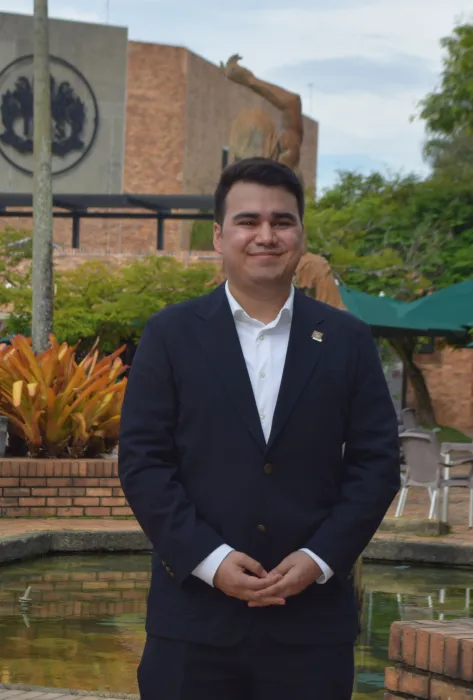Food with social sense
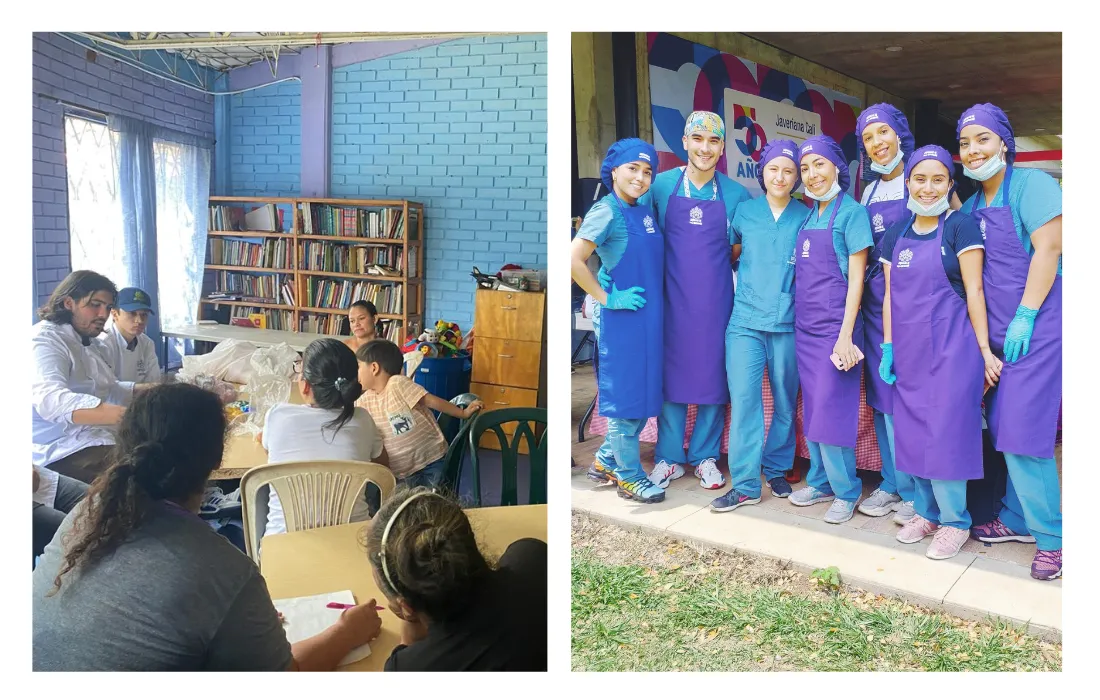

Creado por: Katherine Martinez Rivera
Consistent nutrition and sustainability are some of the aspects that students of the Javeriana Cali addressed with the Food with meaning and Trash Cooking projects that seek to impact the community.
The experience of the community dining room of La Estrella, Siloé
With workshops on nature care for children, sowing and cultivation, basic cooking, food reuse, English, mental health, and good nutrition, Javeriana students from the Creis (Creators of Innovative Strategies in Public Health) seedbed support the training of people from the community dining room of La Estrella, Siloé, in order to improve their health conditions.
This dining room serves approximately 200 people, including children, adolescents, adults and seniors, and in addition to providing food, this space strengthens the social fabric of the community.
“We want to generate life skills for the children, the leaders and the people who make up the dining room, for which we are compiling information for workshops and at the end we want to make an educational booklet on the topics we have discussed, to serve as a reference for the community,” says Professor Salomé Victoria.
The project applies the theoretical bases of health education, with participatory methodologies, to address the health challenges shared by the people who frequent the community kitchen, thus contributing to social justice and equity.
Food sustainability, a challenge to be faced
In the midst of the growing food crisis, it is important to consider techniques to address it, in addition to contributing to sustainability and environmental care. In this context, students of the Nutritional Gastronomy course at Javeriana Cali created a project of 'trash cooking' and traditional knowledge, which seeks not only to take advantage of parts of food that are usually discarded, but also to use traditional knowledge, to achieve ancestral recipes of the region.
“Nearly 40% of the food produced globally is lost or wasted and this represents 10% of the world's greenhouse gas emissions. For example, in San Andres, which bases its economy on tourism, it is estimated that hotels waste up to 30% of the food they buy in the country. In this sense, 'trash cooking' and traditional cooking knowledge are key tools to address the growing food crisis and waste,” says Professor Roberto Andrés Cedano.
This initiative promotes food sustainability and the rescue of traditional cuisine, seeking to reduce food waste, encourage responsible consumption and preserve biodiversity.
“The so-called sustainable gastronomy focuses on the consumption of local products, which is something that is taught in this subject, allowing students to apply their knowledge to real situations to help solve problems from the gastronomic and nutritional point of view.
This project arises to combat food waste and the loss of traditional culinary practices, by using underutilized ingredients and promoting the values of ancestral techniques, thus contributing to food security and contributing to the reduction of environmental impact,” concludes the academic.
Learn more about this project on the Javeriana Biodiverse route, check the complete agenda here.
Translated by the Language Center of the Pontificia Universidad Javeriana Cali.
Noticias
Nuestros estudiantes y profesores protagonizan hechos que merecen ser contados. ¡Conoce sus historias!
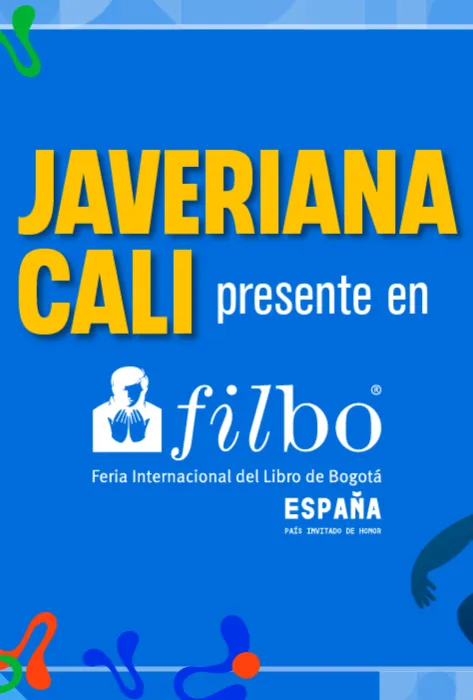
La presencia de las editoriales universitarias en la Feria Internacional del Libro de Bogotá (FILBo) crece en cada edición, consolidándose como un espacio clave para la...
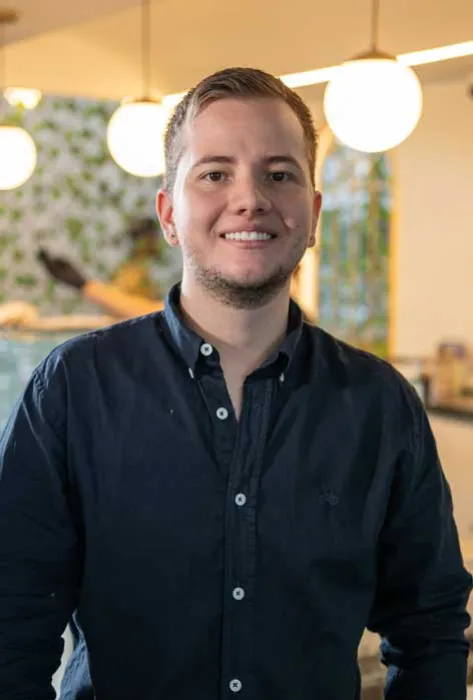
Martín Corrales no se imaginaba que su primer proyecto como arquitecto sería en medio del silencio pandémico, sin familia en la ceremonia de grado, pero con la...

En el mundo digital actual, la ecología de medios y las industrias creativas digitales emergen como dos conceptos esenciales para comprender la dinámica mediática y su...

Con profundo dolor y solidaridad en este difícil tiempo, la Provincia Colombiana de la Compañía de Jesús se une a las muestras de afecto y fraternidad...
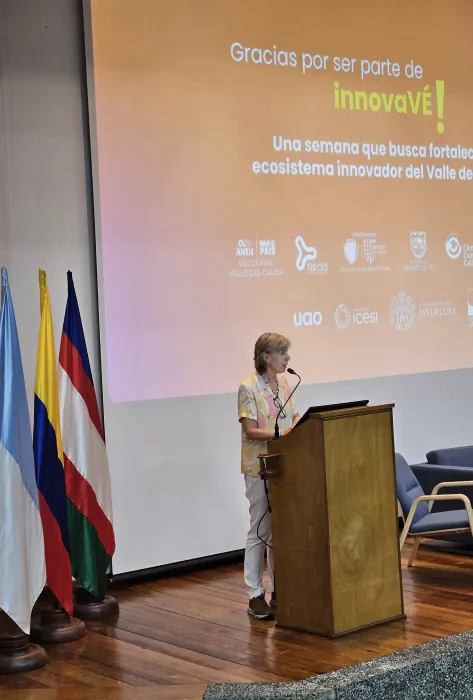
La Universidad Javeriana Cali fue sede de la tercera jornada de InnovaVÉ, evento que se realiza en el marco de la Semana Internacional de la Innovación (7 al 11 de abril...


